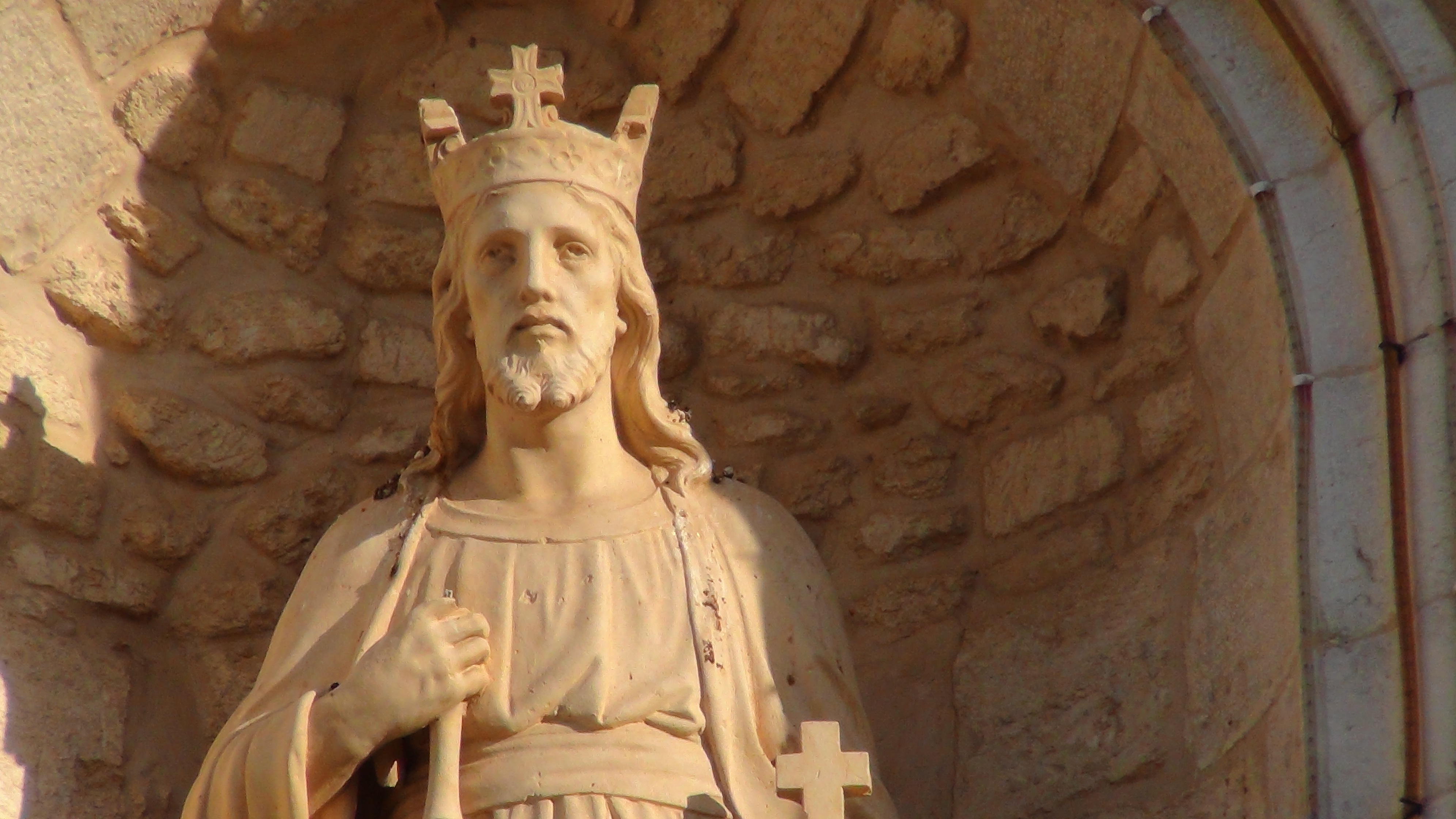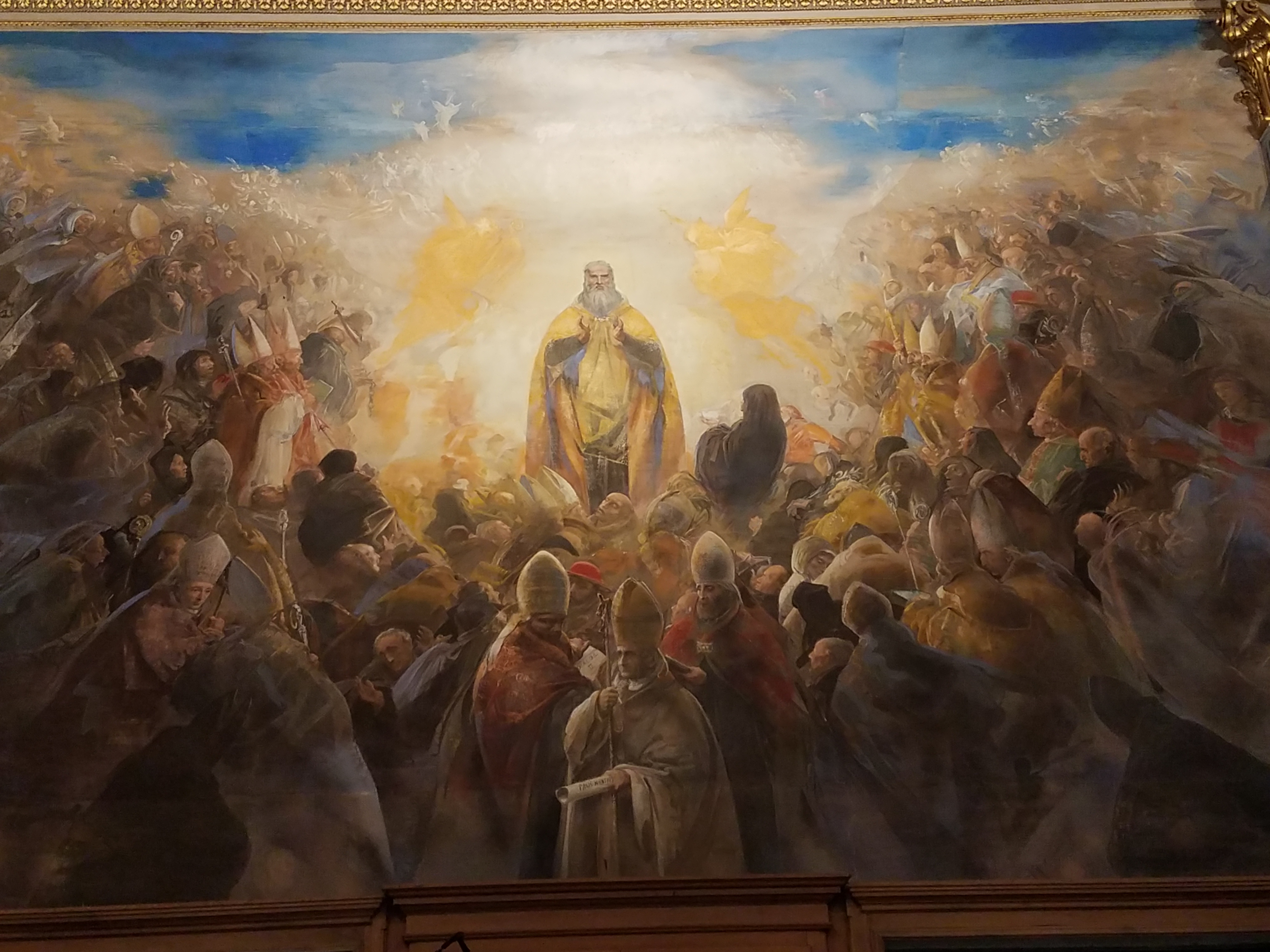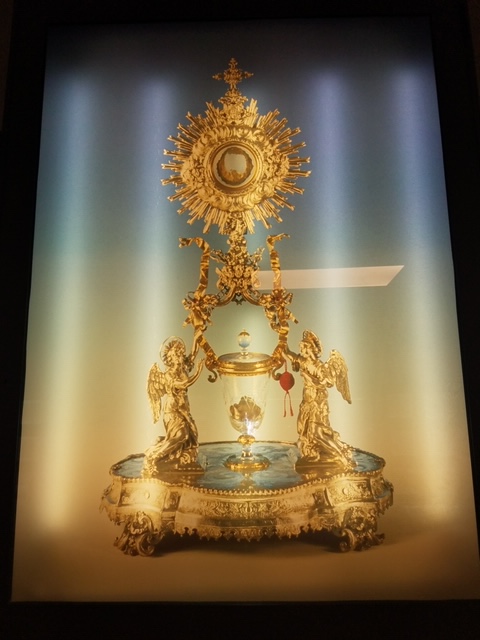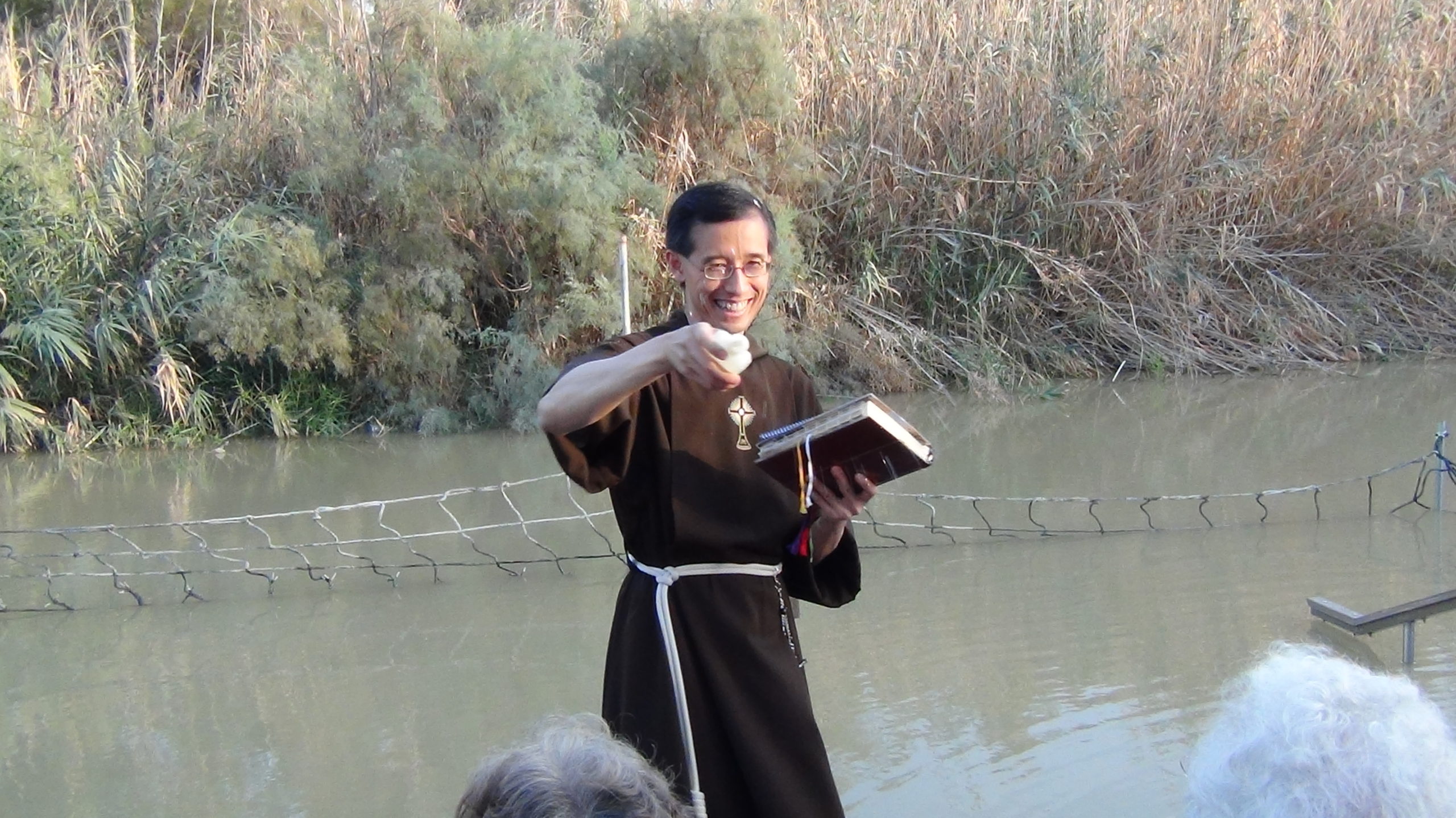Zep. 2:3; 3:12-13; Ps. 146:6-10; 1 Cor. 1:26-31; Mt.5:1-12a
“Boast in the Lord; rejoice and be glad; your reward will be great in heaven.” A young child will hear their parents boast about them and learn to have pride in themselves but where does a child also learn humility? I recall the jingle “anything you can do I can do better; I can do anything better than you”. We boast in the Lord for coming to our salvation. We boast in him who redeems us, sanctifies us, and justifies us for he fulfills what is lacking in us to be saved. We see this in the father whose son is possessed by a demon in Mark 9:24 who cried out to Jesus, “I do believe, help my unbelief!” God does not seek the perfect soul but to perfect us in himself.
The world is in constant competition judging who is better and who is not good enough. In the world we boast about our achievement, our creation of success, our multiplication of wealth greater than others but to boast about our humility is an oxymoron. In humility we are to see Jesus in others and give honor to God in recognizing his image reflected in the person we meet. In this is our humility to say, “thank you for being Christ to me by your love, your counsel, your forgiveness, your testimony. He who gives himself up to the world will be lost in the world and suffer the misery of a world with empty promises. The world will simply move on to the next person who claims to be “better than you.”
How foolish to believe in the world view that it is all about “me”, my passion and my will be done. Imagine the contradiction to hear “Blessed are the poor in spirit, for theirs is the kingdom of heaven.” To grow in faith is to grow in humility understanding that without God we perish. Then in the poverty of our spirit we come to him to save us for his kingdom. Our time in this world is for God and his passion for the eternal heavenly kingdom. We are created in his image for something greater than ourselves and we are invited to come and join him. It is our time to choose wisely.
In the world of “me” it is all about my “safe space”, my choice, my rights, my kingdom. In the world of God, it is all about the “other” doing the will of the Father who art in heaven who is our strength. Our call is to be merciful, clean of heart, peacemakers, hungering for righteousness and willing to accept persecution if necessary.
It is not surprising that even as believers we are slow to respond to the call to follow or boast in the Lord when our flesh is weak and our hearts are vain. The temptation is to remain in ourselves and not look to the Lord as the mind tries to compromise with the idea of “yes but not yet”. “Yes, I want to go to heaven but not yet ready to accept death. Yes, I want to be a saint but not yet ready to forgive. Yes, I believe in one Holy, Catholic, and Apostolic church but not yet ready to follow all the teaching of the church.” Not yet at least until the moment we find ourselves in need and even then, we question God “why me, Lord, why now?”
The Lord desires our prayer to be “why not me Lord, let your will be done”. Boast in the Lord what marvelous works he has done for us, through us, and despite our own weakness. Jesus calls us to be in him. In his space we receive righteousness, sanctification, and redemption. There is nothing safe about the illusion of a safe space without God. Outside of him there is evil, fear, despair, and a pit of darkness. Jesus came to give us the light of truth, hope where there is doubt, courage when there is fear, and the peace that comes from his love that gives us joy. Joy to boast in the Lord. This we are to boast when we rise each day to be sanctified, when we labor through the day in righteousness, and when we retire each night in thanksgiving for being redeemed by his love.
Being poor in spirit we recognize we need God, his forgiveness of sin, and to trust in him. We are to mourn those times we have failed to do good, to respond to his call, and rejected his love by our sin. Meekness in the Lord is not wimpiness as the world defines it but our recognition of our need for God and in humility turn to him who loves us. To hunger for righteousness begins from within to remove the splinter from our own eye before we address the beam in others. Mercy comes to those who live by the law of forgiveness, as we forgive others, we receive forgiveness. To be clean of heart is to say what you mean and mean what you say that is with honesty, without deceit and desiring the good of the other. Peacemakers are not meddlers but carry the peace of Christ within and by their presence bring the light of God’s truth to bear.
We live in a time where there is a rise in persecution for the sake of righteousness anytime the truth is spoken that abortion is killing the unborn person, that we are born male and female by God not by choice, that assisted suicide is murder, that same sex relations is a sin and anything else the social and cultural trends claim to be justified then be ready. Immediately the insults and persecution are felt with all the “phobia” labels and racist claims that can be used to silence and cancel the voices that dare speak of God. Living the beatitudes is not for wimps but for people of courage and endurance.
Each day we are to fight the good fight in our daily encounters with others. The voice in the desert is now our voice speaking to the person you encounter who will question and challenge you and may even turn against you. This person may even be living in our home. Will we stand or will we fall? Boast in the Lord who will always stand by us when we stand for his truth.









Recent Comments